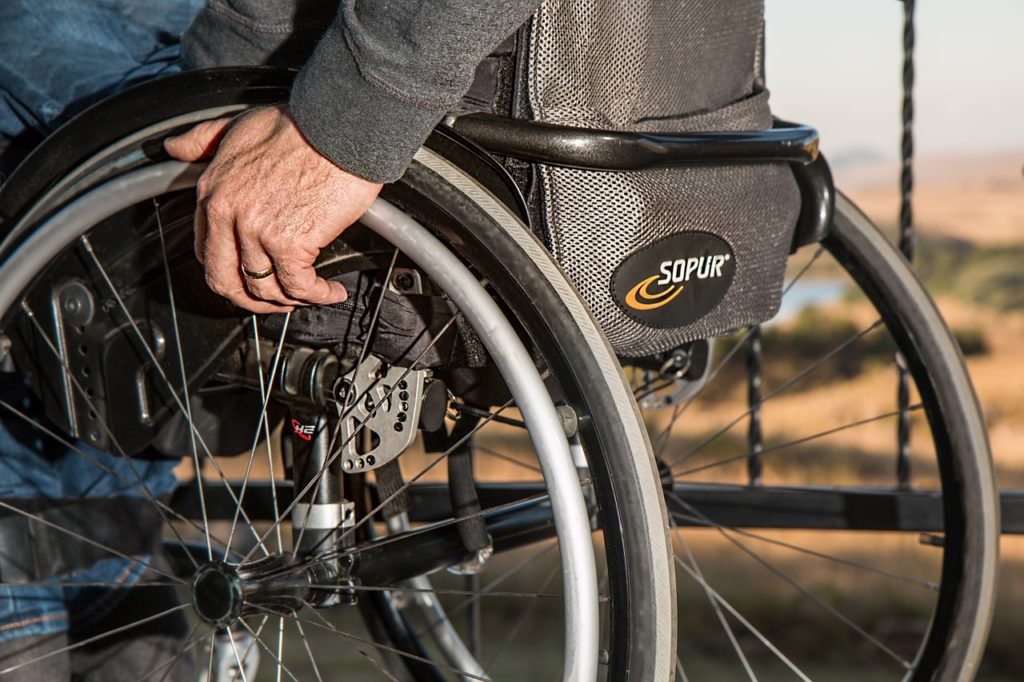Driving with a Disability

Image Credit: Pixabay
Driving is a great way to increase your independence and freedom if you have a disability and there are lots of ways you can do it. There are plenty of things you can do to make driving easier for you from finding the right instructor to getting your car adapted to your needs. And when it comes to choosing the right car, there are lots of options available.
Find the Right Instructor
Finding the right driving instructor is vital for your learning and confidence and this is true whether you have a disability or not. If you do have a disability, you may wish to look for a specialist instructor who can cater for your needs better. Because the average driving instructor may not understand what your needs are or how to teach to them, a specialist who does will be much more effective.
Most specialist driving instructors also have access to adapted cars, allowing you to learn in safety and comfort. This method of teaching will also allow you to get used to the adaptations you need and figure out what you will have in your own car, once you have it. You may also wish to consider whether you would prefer to learn in a manual or automatic car and many driving instructors will have access to both of these types too, so that you can make an informed decision.
Get the Motability Adaptations You Need
If you need an adapted car, there are lots of options available to you. For example, you could add hand controls, pedal modifications or remote control devices to help with driving; you could adapt your car for better storage solutions or add transfer seats or swivel seats to help you gain access to your car.
Motability adaptations are always designed with your needs in mind so you can make driving easier and safer for you. The adaptations can be expensive but you can apply for the motability scheme if you have awarded any DLA, PIP, armed forces independence payments or war pensioners mobility supplement.
Take Your Time
Learning to drive takes time and practice and whether you are disabled or not, it won’t happen overnight. Everyone takes a different number of lessons before they feel confident about passing the test so you shouldn’t judge your own driving against anyone else. What matters is that by the time you are ready to take the test, you know you will be safe on the road afterwards.
You will normally be allowed extra time for your test if you have a disability. This will give the examiner extra time to fill out their paperwork, but you will also be allowed extra time to complete your manoeuvres. You may also have extra time to explain your car’s adaptations (if there are any) and you may do your eyesight test and vehicle safety questions while you are in the car, rather than outside.
Once you have completed your driving course and passed the test, you will have so much more freedom and independence; it could really change your life.
